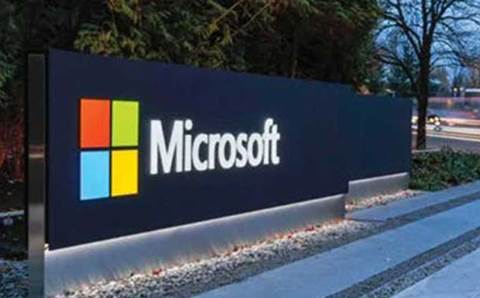Apple has been granted a secret "closed-door" hearing with politicians in Canberra today in lieu of a public submission to the parliamentary inquiry investigating IT product pricing.
The Australian Financial Review reported the secret meeting. Apple refused to comment on why it had declined to make a public submission.
Apple has long been at the centre of the price hike discussion, and was consistently mentioned as a point of contention in the 72 public submissions the inquiry received.
Other technology giants have not been so shy, with Microsoft emerging as the biggest name to make a public submission to the inquiry so far.
Its three-page entry outlines why technology products sold locally cannot be compared absolutely with other countries.
Microsoft blames Australia’s ‘comparatively expensive market’, citing the inclusion of the GST as a point of differentiation, as well as higher labour, rent, marketing, training, supply chain and transport costs.
It also passed the buck onto its reseller partners, stating it does not set the final retail price.
“ICT products are often sold as a package of offerings, with additional support and extended warranties included in the price,” Microsoft wrote in its submission.
“The channel and value-added partners who deliver those products to consumers ultimately determine retail pricing.”
The parliamentary inquiry was launched in May after a lengthy campaign by Labor backbencher Ed Husic. Submissions closed on July 6.
The inquiry was formed to investigate whether price differences exist with hardware and software sold locally compared to the US, UK and Asia Pacific.
Vendors finger GST, customers finger vendors
Australian software developer Applied PC Systems owner Phil Best blamed the GST for higher local prices.
He said a customer’s Australian address automatically made his company’s software 10 percent more expensive.
“Australian customers do not pay GST when they download and purchase software from overseas. However when they purchase our software, either they or we have to pay GST,” Best wrote.
He said on occasions Applied PC Systems had been forced to absorb the GST to make the sale.
Best suggested the Australian Government adopt the Gerry Harvey approach and either eliminate the GST for products priced under $1000, or enforce the GST on Australian customers buying overseas software.
“For us this is limiting the extent where we develop our software. The alternative is for us to set up an overseas website and bank account in, say, Bali and run the business remotely,” Best wrote.
“It is totally essential that the Australian Parliament moves rapidly with the times, or else they will get left further and further behind.”
Pioneer Computers representative Molly Lai echoed Best’s comments and said it was unlikely vendors would deliberately inflate prices and therefore drive themselves out of the market.
Customers aren’t as keen to let vendors off the hook. A common theme amongst submissions was a lack of understanding as to what some called ‘dramatic’ price increases on comparable products.
Most conceded higher prices may be unavoidable in hardware products, but called software increases “pure price gouging”.
“There is no reason for it to be higher in Australia than other countries,” wrote consumer and Synergy consultant Magnus Stensson in his submission.
“Add 10 percent GST yes, but 50 percent difference or more? There is no distribution cost, no warehouse cost, etc."
Consumer Garth Strong provided specific examples of price discrepancies in digital downloads and physical copies of games, software and movies purchased online between Australian and North American products.
He called on the government to implement governance around licensing costs and clarity of what constitutes a higher retail price.
“I would suggest that ‘transparency’ for the pricing is key, and giving consumers the ability to make informed decisions is ideal; perhaps a ‘breakdown’ of costs, itemised on the invoice/purchase receipt will be of use, showing exactly what costs are.”
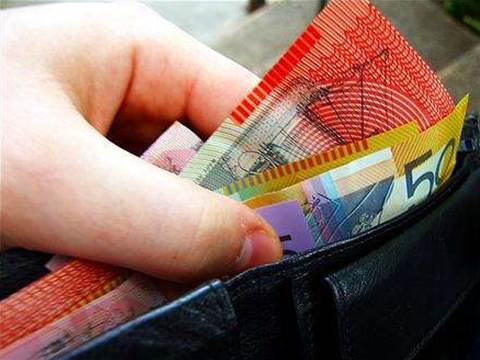


.png&h=142&w=230&c=1&s=1)


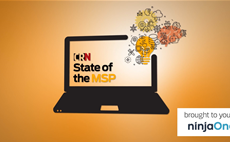
.png&h=142&w=230&c=1&s=1)
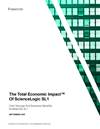
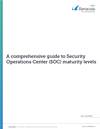
.png&w=100&c=1&s=0)




.png&h=298&w=480&c=1&s=1)
